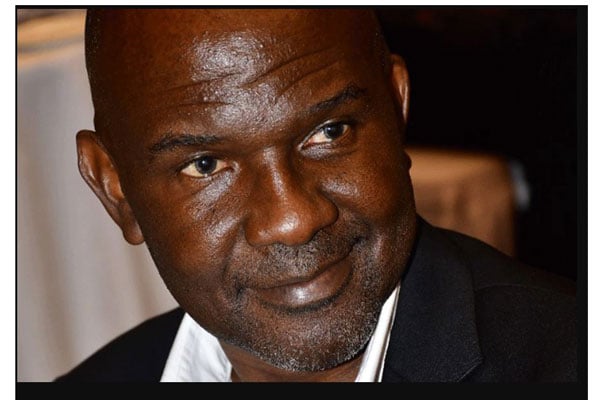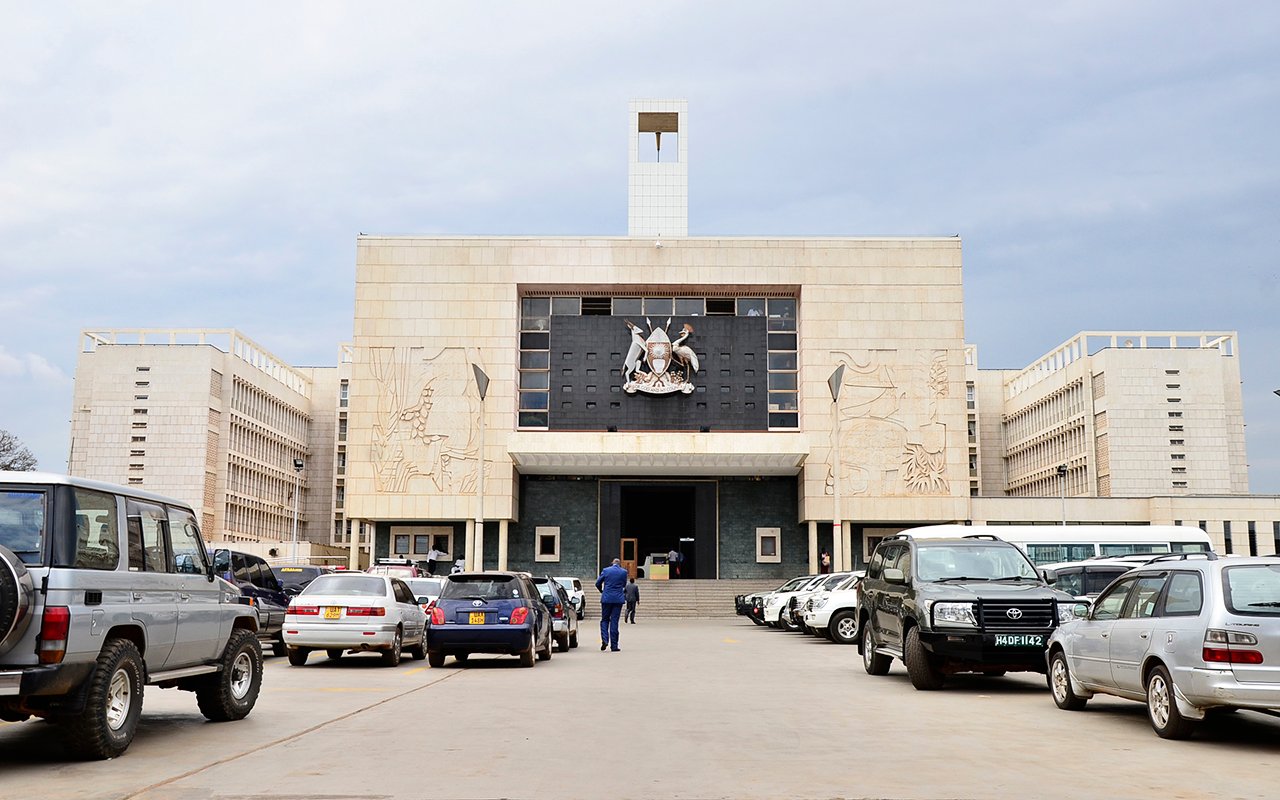
Author: Raymond Mugisha. PHOTO/FILE
Historically, politics has been marked by competition for power, resources, and influence. In many regions, particularly in Africa, absolute competition among political entities has led to instability, ethnic divisions, and economic mismanagement. This is extremely unfortunate for a continent as poor as ours.
We must realize, and quickly so, that the urgency of shared human challenges in the 21st century demands a shift in focus. Rather than merely striving for electoral victories, political leaders must prioritize addressing these pressing universal challenges that affect humanity as a whole.
In the present-day complex situation, politics faces an unprecedented array of challenges that transcend political differences and affect everyone. These challenges, often termed as existential threats, encompass issues such as climate change, pandemics, economic inequality, and technological disruptions. As we navigate today’s era of interconnectedness and interdependence, the role of politics must evolve beyond traditional paradigms of competition towards collaboration and collective action.
Climate change as a unifying force
One of the most pressing existential threats facing humanity is climate change. It impacts rising sea levels, extreme weather events, and ecosystem degradation affecting every nation, regardless of their political ideology or economic status. The politics of the future must revolve around collaborative efforts to mitigate greenhouse gas emissions, transition to renewable energy sources, and adapt to the unavoidable effects of climate change. This requires cooperation of everyone and arrangements that transcend political rivalries. It is even more so for poor Africa, for which there are no sufficient resources to correct the damage of climate change.
Pandemics and universal health
The Covid-19 pandemic starkly illustrated how interconnected our communities have become. A virus that emerged in one corner of the globe quickly spread worldwide, disrupting economies, overwhelming healthcare systems, and causing immense human suffering. Addressing universal health challenges requires political leadership that values scientific expertise, invests in healthcare infrastructure, and promotes equitable access to medical interventions. The future of politics should prioritize strengthening public health organizations and ensuring swift, coordinated responses to emerging infectious diseases. Such an issue cannot be approached with political party colors, competitive blame-fixing and other traditional tactics of politicking.
Economic inequality and social justice
Economic inequality is another critical issue that demands political attention in our time. Disparities in wealth and opportunity within and between communities not only breed social unrest but also hinder overall progress. Political leaders must focus on policies that promote inclusive economic growth, reduce poverty, and ensure fair distribution of resources. This includes tackling exploitation, promoting education and skills development, and fostering entrepreneurship in marginalized communities. We should not waste so much time competing for the electoral endorsement of populations which we are unable to uplift from widespread poverty.
Technological advancements and ethical governance
Advancements in technology, such as artificial intelligence and biotechnology, hold immense promise for solving humanity's challenges. However, they also pose ethical dilemmas and risks, from job displacement to privacy violations and weaponization. The politics of the future must grapple with regulating emerging technologies to ensure they benefit all of humanity while minimizing unintended consequences. This requires universal arrangements and common ground on ethical standards, investment in research and development, and public engagement in decision-making processes. In uncontrollably polarized political systems, which glorify cutthroat competition, hope for realizing this critical necessity is nearly all lost due to the inability to agree on at least the fundamentals.
Unity in diversity
In addressing the above shared challenges, the politics of the future must embrace diversity and inclusivity. Collaborative efforts should include diverse voices from academia, businesses, and marginalized communities. Respect for human rights, gender equality, and cultural diversity must be central tenets of political agendas for us all. This should also extend to realization that no countries should impose their wishes and cultures on others, on account of economic or military might, or whatever other advantage they wield.
As we seek to flourish in the present era defined by global interconnectedness and shared challenges, the future of politics hinges on collective action and cooperation. The existential threats of the 21st century; climate change, pandemics, economic inequality, technological advancements, and others, require political leaders to transcend traditional rivalries and prioritize the common good of humanity. By forging partnerships across political groupings, fostering inclusive governance, and embracing innovative solutions, politics can become a transformative force for creating more resilient, equitable, and sustainable communities. As citizens, stakeholders, and inhabitants of the countries we live in, we must hold our leaders accountable to this vision of a future where politics serves not only political parties or other narrow interests but also the greater cause of humanity's survival and flourishing in the face of existential and universal challenges.
Raymond is a Chartered Risk Analyst and risk management consultant




